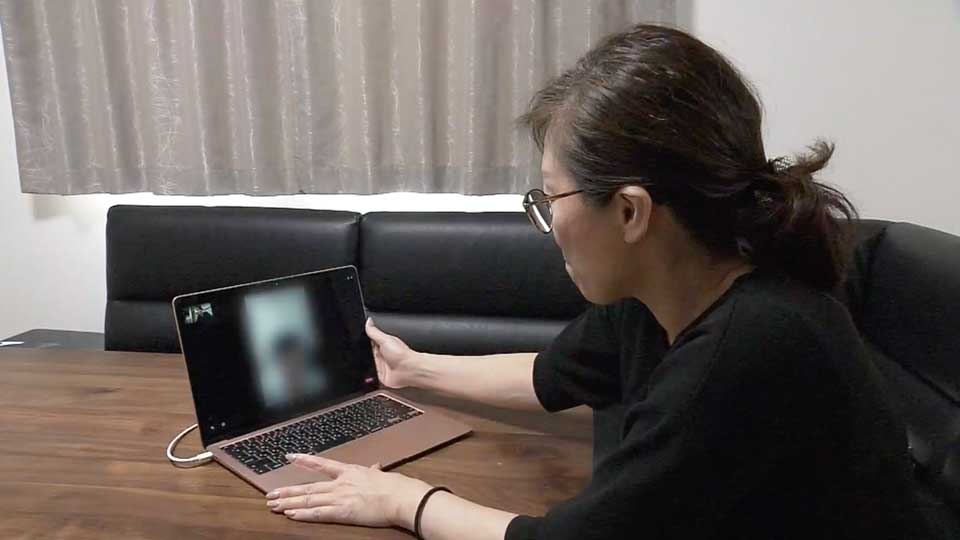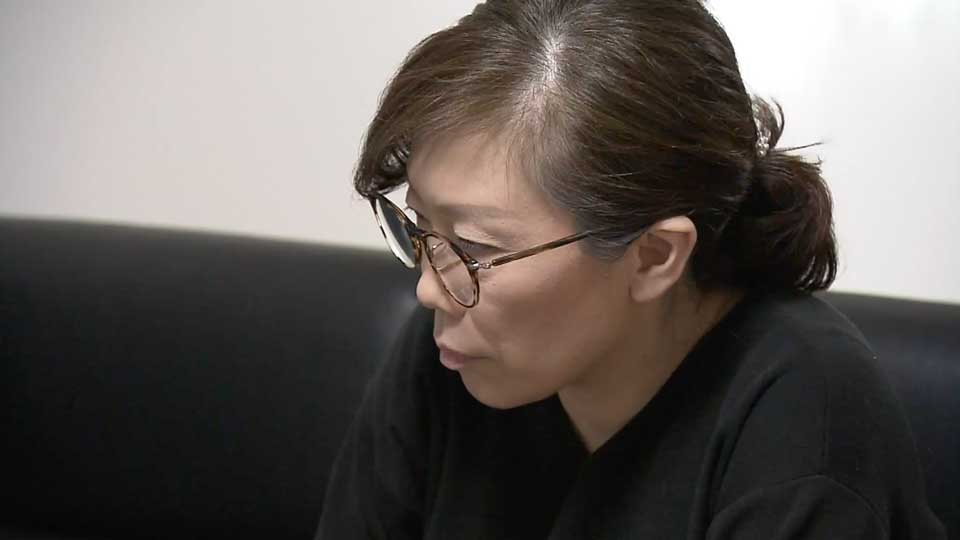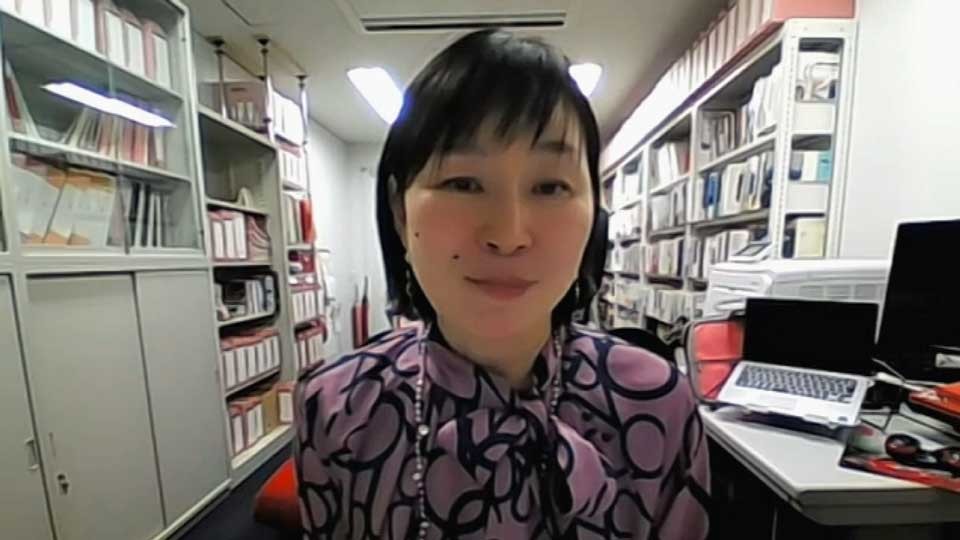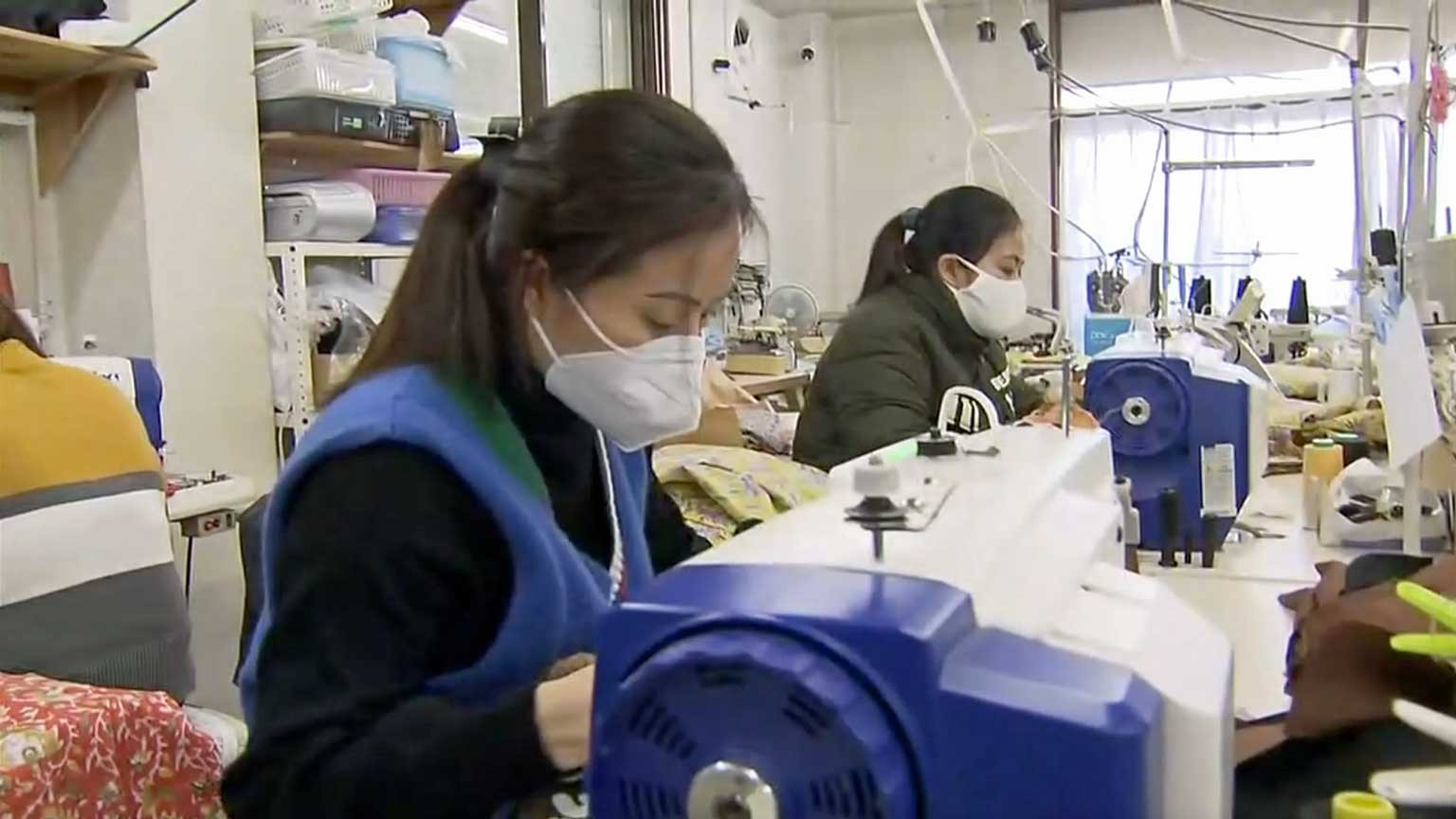The current technical intern training program was established in 1993 and is designed to allow foreign nationals, mainly from developing countries, to learn vocational skills while working in Japan for up to five years. It covers 86 job categories, including construction and food manufacturing.
The government says it is designed to contribute to international development.
Concerns with the current program
But the program has been controversial. Critics say it is actually being used to find workers for jobs that Japanese people tend to avoid.
In some cases, trainees have been forced to work long hours at illegally low wages, or subjected to violence at their workplaces.
More than 50 percent of the trainees are in debt, having borrowed money to pay agencies and brokers before they even reach Japan.
They are not allowed to switch jobs or move to different companies. In 2021, more than 7,000 fled their workplaces.
Experts propose changes
The government panel has come up with a draft set of proposals. It says a new system should not solely focus on covering labor shortages.
It also says rules should be relaxed to allow trainees to switch to different companies.

The current system allows people to apply for vocational skills visas after they complete three years of training. With that visa they can work in a designated field for up to five years.
The panel says it should be easier to obtain the visa so people can work in Japan for the mid- to long-term.
The panel is also proposing reforms of supervising organizations that act as mediators between trainees and employers. It suggests a rule that they must be independent from the businesses they work with.
Majority of the trainees are from Vietnam
The Immigration Services Agency says the number of technical trainees stood at around 330,000 as of the end of June last year. More than 50 percent of them were from Vietnam.
Trainees face abuse
One support association in Tokyo has been helping and protecting Vietnamese trainees since 2020.

Last December, the group began helping a man in his 20s who was working for a construction company in the Kansai region.
The trainee said he was physically assaulted by a Japanese colleague every time he made a mistake. He asked the company to move him to a different apprenticeship, but his request was turned down.

The man told NHK that the situation left him in despair: "I was told I could not transfer, and really lost faith in Japan's system. Japan is a very developed country but as a foreigner working here, I feel unhappy about being treated unequally."
Hoping for a new system
The organization has given more than 300 consultations so far in 2023.

Yoshimizu Jiho, a representative of the organization, said the stated purpose of the technical trainee system is to transfer skills but in reality it is only used to cover labor shortages. She also says the supervising organizations that mediate between trainees and companies are not performing as they should.
Yoshimizu says it is important to have a system that identifies problems and allows trainees find new jobs smoothly when their human rights are violated, when they face power harassment, or when they are about to be forcibly sent home.
Issues on cost remain
Kokushikan University professor Suzuki Eriko, an expert on the technical trainee system, says there are still some issues to be ironed out.

Suzuki says one positive aspect of the draft is that it specifies the abolition of the technical internship system, but she notes that it does not lay out any concrete measures to correct problems such as the violation of human rights.
She refers to the proposal to make it easier to switch employer, and the fear it could lead to the poaching of human resources once trained. Suzuki says the key issue will be how to cover the cost of trainees coming to Japan and learning the Japanese language, which have hitherto been borne by the host companies.
